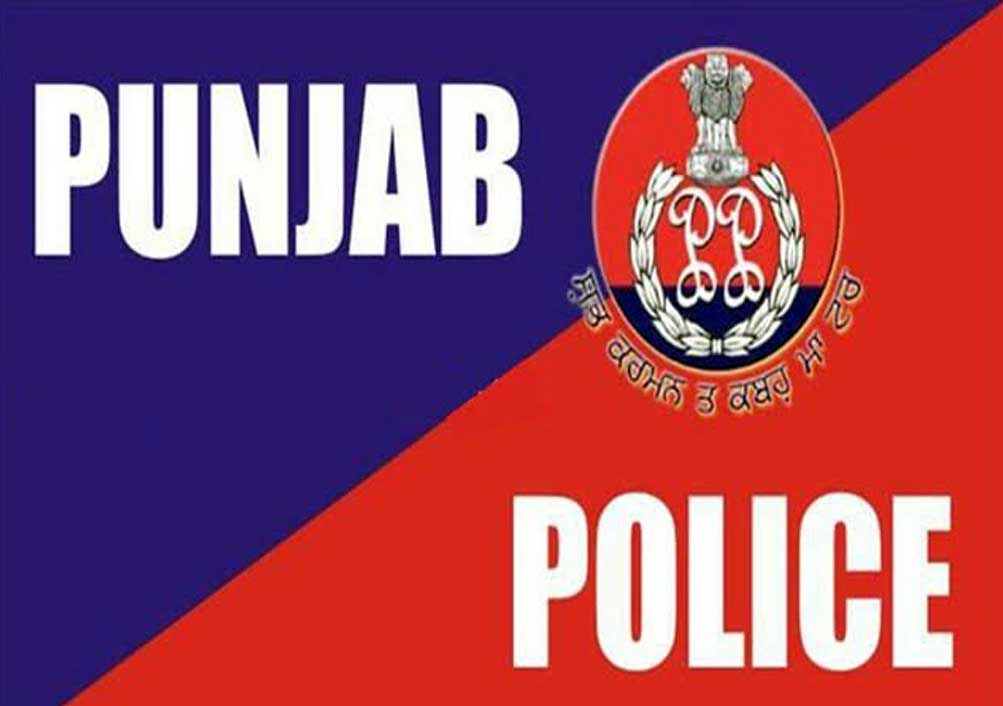No violation of Punjab Police Rules, 1934 if Superintendent of Police ordered dismissal of Constable: Punjab & Haryana High Court

Read Order: The State of Punjab and Others v. Gulzar Singh
Monika Rahar
Chandigarh, March 11, 2022: While dealing with a regular second appeal by the State against a delinquent constable who was removed from his services for his unauthorized absence, the Punjab and Haryana High Court has clarified that neither in the Punjab Police Rules, 1934 nor in the Criminal Procedure Code there is a distinction as to the ranks of Superintendent of Police and the Senior Superintendent of Police.
The Bench of Justice Fateh Deep Singh held,“The only word that is found mentioned in these provisions is that of Superintendent of Police, who ordered the dismissal of the plaintiff, was junior in rank than the Senior Superintendent of Police and which to the mind of this Court is only administrative segregation.”
In this case, Gulzar Singh (respondent) was appointed as a constable and he joined his duties in February,1981. However, during the course of his duties, he was charge-sheeted in July, 1987 for being absent from duty w.e.f. August 6, 1985, to May 24, 1987. After inquiry, he was dismissed from service by an order.
Thus, he filed a suit for declaration whereby he sought setting aside of the same. The primary grounds taken were that the inquiry officer did not afford him adequate opportunity nor was he heard, thus the orders were illegal and liable to be set aside.
The defendants took the plea of the suit being not maintainable claiming that during his service, the plaintiff was charge-sheeted and full opportunity of hearing was afforded to him and, thereafter, the orders of dismissal were passed.
In his testimony, the plaintiff examined himself as a prosecution witness and reiterated his case and the defendants only tendered inquiry report and closed the evidence. The Trial Court decreed the suit of the plaintiff. The State filed an appeal which was dismissed through the impugned findings. Thus, the State filed the instant regular second appeal.
Contrary to the submissions of the plaintiff-respondent, the Court opined that the premise that no opportunity of cross-examination was afforded to the plaintiff during the inquiry or that the inquiry officer did not supply any copy of the documents and did not allow him to inspect the inquiry file, was not substantiated by any evidence on the record.
Further, the Court noted that the sole ground based on which the order of dismissal of the plaintiff was set aside was that the Superintendent of Police could not inflict the punishment of dismissal from service as he was lower in rank to the Senior Superintendent of Police who was the appointing authority and there was thus a violation of the Punjab Police Rules in this regard.
Regarding this aspect, the Court clarified that there was no distinction either in the Punjab Police Rules 1934 or in the Criminal Procedure Code as to the ranks of Superintendent of Police and the Senior Superintendent of Police. Further, the Court added that between the ranks of Superintendent of Police, who ordered the dismissal of the plaintiff and the Senior Superintendent of Police, there was only administrative segregation.
Next, on the unauthorised absence of the petitioner, the Court opined that undoubtedly unauthorized absence from duty without leave and that too for a long period tantamounts to gravest misconduct, especially in disciplined uniformed force like the police. Further, the Court referred to Rule 16.1 of the Rules which specifies that a police official of which rank can be ordered to be dismissed by an officer of which rank and under column No. 6 Superintendent of Police, Deputy Superintendent of Police (Administrative) can order dismissal of a constable. In this light, while observing that such errors are not fatal for the inquiry, the Court opined, “…it is well settled proposition of law any minor mistake during the course of inquiry proceedings does not come in the way of Courts to set aside the same and such errors are not fatal for the inquiry proceedings.”
Additionally, the Court found support from the judgment of the Apex Court in Union of India Vs. Jagjit Singh, 1970 AIR 122 and by rules law laid down by this Court in State of Punjab and others Vs. Gursewak Singh 2006(1) S.C.T. 402 wherein interpreting the provisions of Rule 12.1 of the Punjab Police Rules, it was held that appointment of constable is by Senior Superintendent of Police and Superintendent of Police would be competent to order dismissal of a constable.
Also, since the entire departmental proceedings were conducted against the plaintiff by an officer superior in rank to him, therefore, the Court opined that it could not be said that the departmental proceedings were contrary to the spirit of the Punjab Police Rules.
Thus, in the light of the same, both the two Courts below had wrongly held that the punishment of dismissal so awarded by a Superintendent of Police which was below the rank of the Senior Superintendent of Police.
Sign up for our weekly newsletter to stay up to date on our product, events featured blog, special offer and all of the exciting things that take place here at Legitquest.




Add a Comment